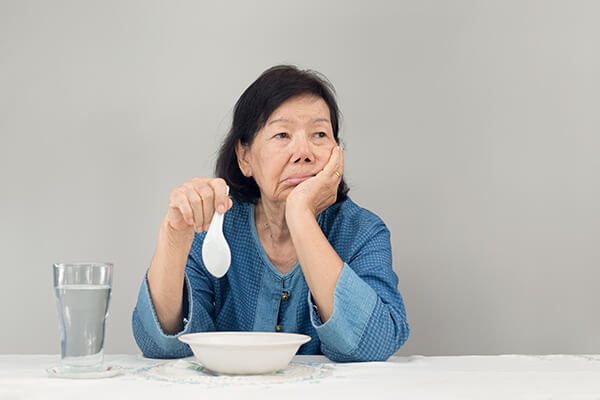Elder abuse is a pervasive issue often concealed behind closed doors, and one of its most insidious forms is malnutrition. As our aging population grows, the need to shed light on this issue becomes ever more pressing. Inadequate nutrition is not just a sign of neglect; it is a dangerous form of abuse that can have devastating consequences for elderly individuals who are already vulnerable.
The Hidden Crisis: Malnutrition in Elderly Care
Malnutrition in elder abuse cases is a silent crisis that often goes unnoticed until it’s too late. Older adults, especially those who are dependent on caregivers, are at a significant risk of being deprived of essential nutrients. This deprivation can lead to a cascade of health problems, including weakened immune systems, increased susceptibility to infections, and worsening of existing medical conditions.
In many instances, malnutrition elder abuse occurs in settings where caregivers—whether family members, nursing home staff, or hired help—fail to provide the necessary sustenance either due to neglect, incompetence, or even malicious intent. Older people, who may already struggle with diminished appetite or difficulty swallowing, are particularly at risk. This makes it all the more critical for loved ones and authorities to remain vigilant and proactive in identifying and addressing signs of nutritional neglect.
Signs and Symptoms of Malnutrition in Elderly Individuals
Identifying malnutrition in older people can be challenging, but it is essential for preventing long-term damage. Some of the most common signs include:
- Unexplained weight loss: A noticeable drop in weight without a corresponding medical cause is a red flag.
- Fatigue and weakness: Malnourished individuals often lack the energy needed for daily activities, making them appear frail.
- Dry skin and hair: Nutrient deficiencies can lead to dry, flaky skin and brittle hair.
- Swollen or bleeding gums: This can be a sign of vitamin C deficiency.
- Cognitive decline: Poor nutrition can exacerbate dementia symptoms or cause confusion and memory problems.

The Consequences of Ignoring Nutritional Needs
The repercussions of malnutrition extend beyond physical health. It can lead to severe emotional and psychological distress for older people. When an older adult is deprived of proper nutrition, it not only weakens their body but also diminishes their spirit. The neglect can foster feelings of worthlessness and hopelessness, compounding the suffering caused by elder abuse.
Moreover, malnutrition can lead to a vicious cycle of declining health. As the body weakens, it becomes more challenging to consume and absorb nutrients, which in turn accelerates the deterioration. This can ultimately result in hospitalization or even premature death, all of which could have been prevented with proper care and attention.
Preventing Malnutrition in Elderly Care
Preventing malnutrition starts with awareness and education. Caregivers need to be adequately trained to recognize the dietary needs of older people and the warning signs of nutritional neglect. Regular monitoring of weight, meal intake, and overall health can help catch potential issues before they escalate.
In cases where malnutrition is suspected, it is crucial to act swiftly. Engaging a healthcare professional to assess the situation and provide dietary recommendations can make a significant difference. Additionally, family members and loved ones should regularly check in on elderly relatives, especially those in care facilities, to ensure they are receiving adequate nutrition.
Conclusion
Malnutrition is a clear and alarming indicator of elder abuse that should never be overlooked. By understanding the signs, consequences, and preventive measures, society can take steps to protect the most vulnerable among us. Malnutrition elder abuse is a form of neglect that is as harmful as any other, and addressing it requires a collective effort from caregivers, families, and the broader community.

